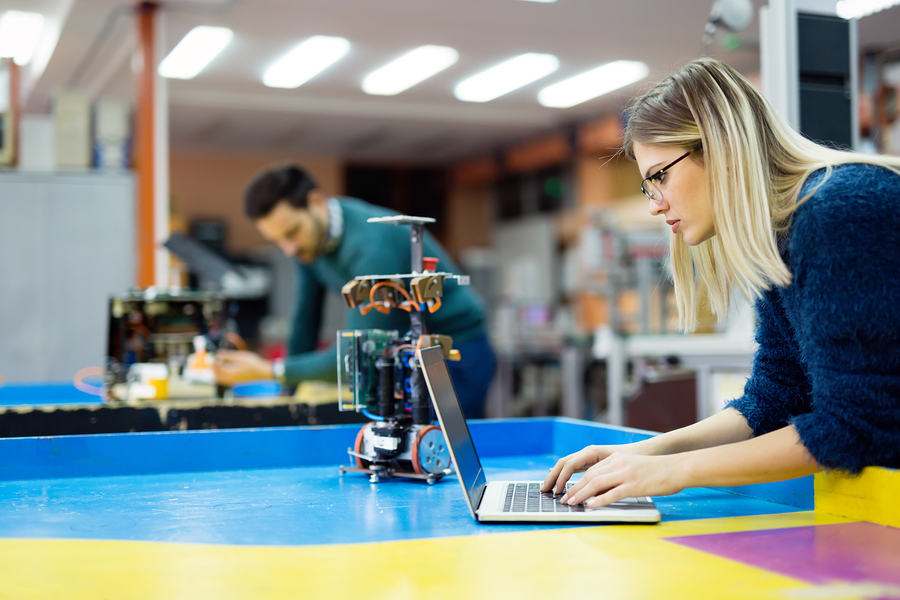
Robohub.org
Programming for robotics: Introduction to ROS

This handy video-tutorial course gives an introduction to the Robot Operating System (ROS), including many of the available tools that are commonly used in robotics. With the help of different examples, the tutorials offer a great starting point to learn programming robots. You will learn how to create software including simulation, to interface sensors and actuators, and to integrate control algorithms.
The course consists of a guided tutorial and exercises with increasing level of difficulty working with an autonomous robot. We provide recordings of the lectures and give an introduction to the exercises. From the course website, you can download all the material including exercise sheets and templates, and use the provided Virtual Machine (VM) image to start programming right away.
Objectives:
- ROS architecture: Master nodes, topics, messages, services, parameters and actions
- Console commands: Navigating and analyzing the ROS system and the catkin workspace
- Creating ROS packages: Structure, launch-files, and best practices
- ROS C++ client library (roscpp): Creating your own ROS C++ programs
- Simulating with ROS: Gazebo simulator, robot models (URDF) and simulation environments (SDF)
- Working with visualizations (RViz) and user interface tools (rqt)
- Inside ROS: TF transformation system, time, bags
Course 1:
Course 2:
Course 3:
Course 4:
Download the full presentation here.
P. Fankhauser, D. Jud, M. Wermelinger, M. Hutter, “Programming for Robotics – Introduction to ROS”, ETH Zurich, 2017. DOI: 10.13140/RG.2.2.14140.44161
If you liked this tutorial, you may also enjoy these:
- Python programming your NAO robot
- Robotics, maths, python: A fledgling computer scientist’s guide to inverse kinematics
- Sticky business: Five adhesives tested for 3D printing
- Adjust how you learn and quickly pick up robotics programming
- 3-D printing hydraulically-powered robots, no assembly required
See all the latest robotics news on Robohub, or sign up for our weekly newsletter.
tags: Algorithm Controls, c-Education-DIY, cx-Consumer-Household, how-to, programming, Robotics technology, ROS, software, video




